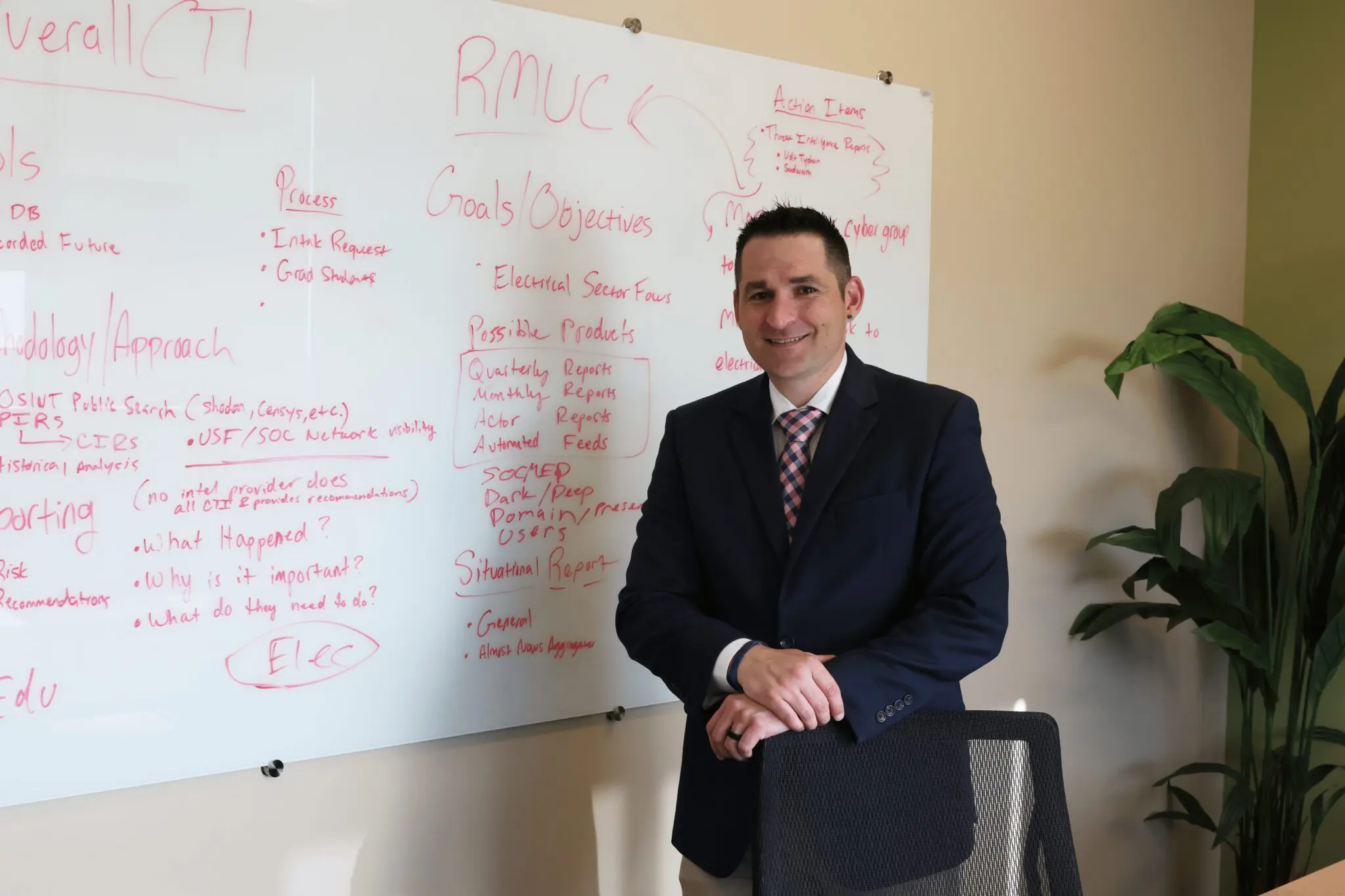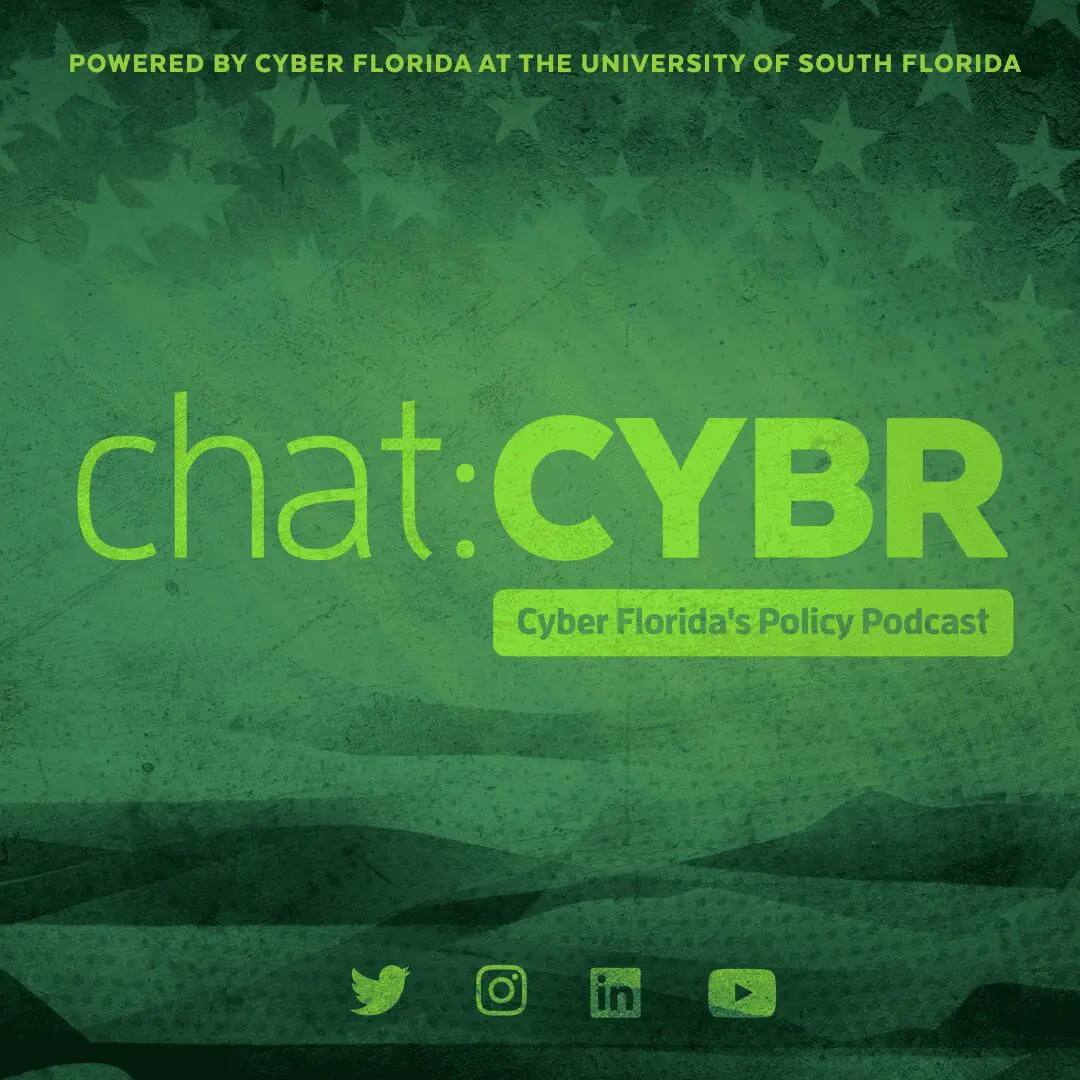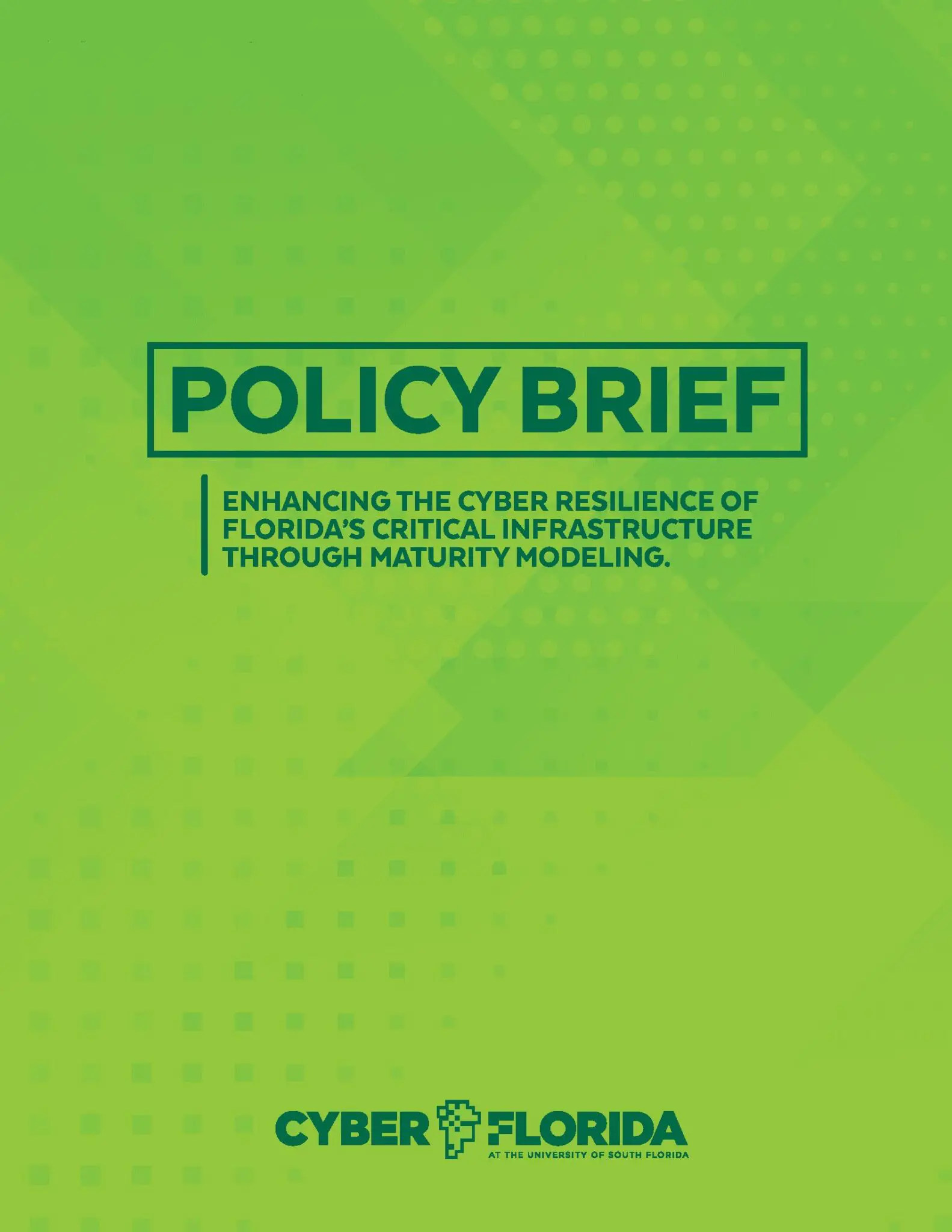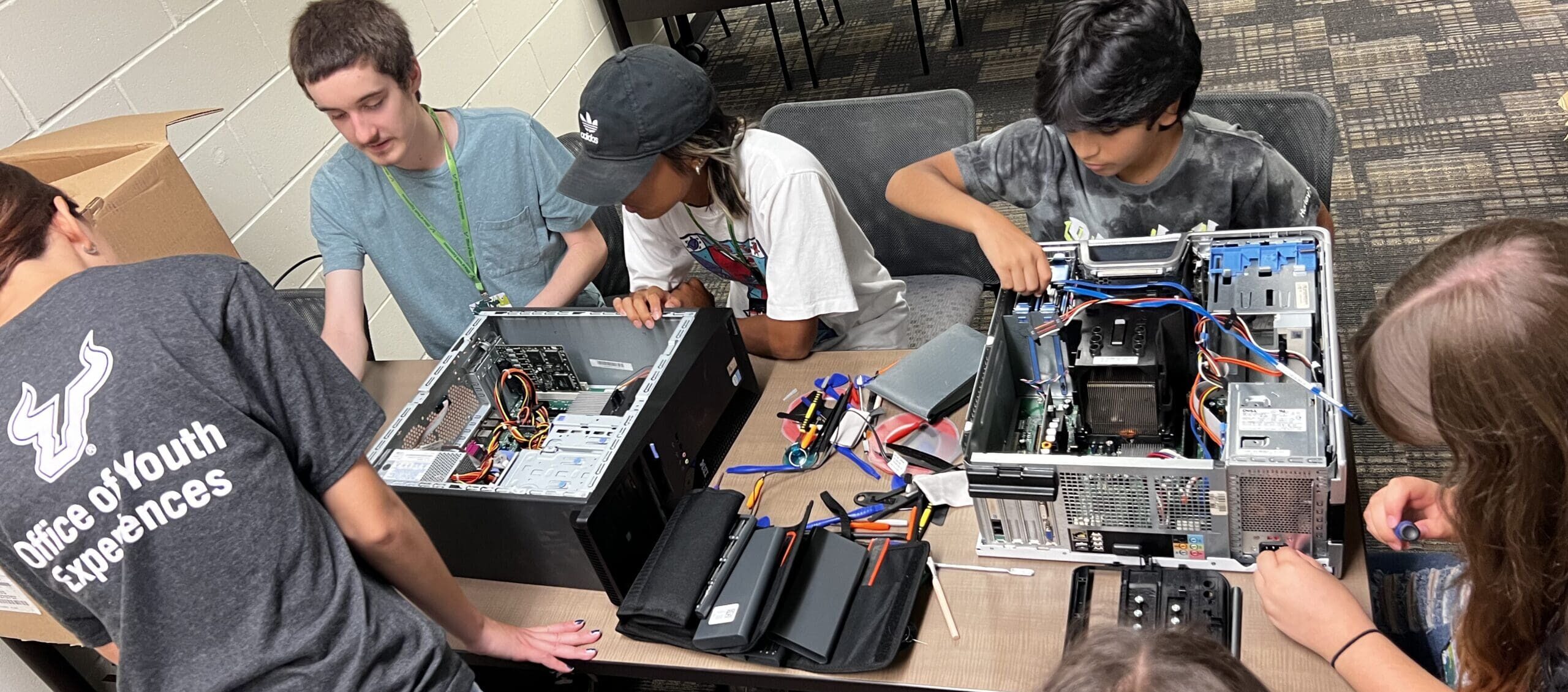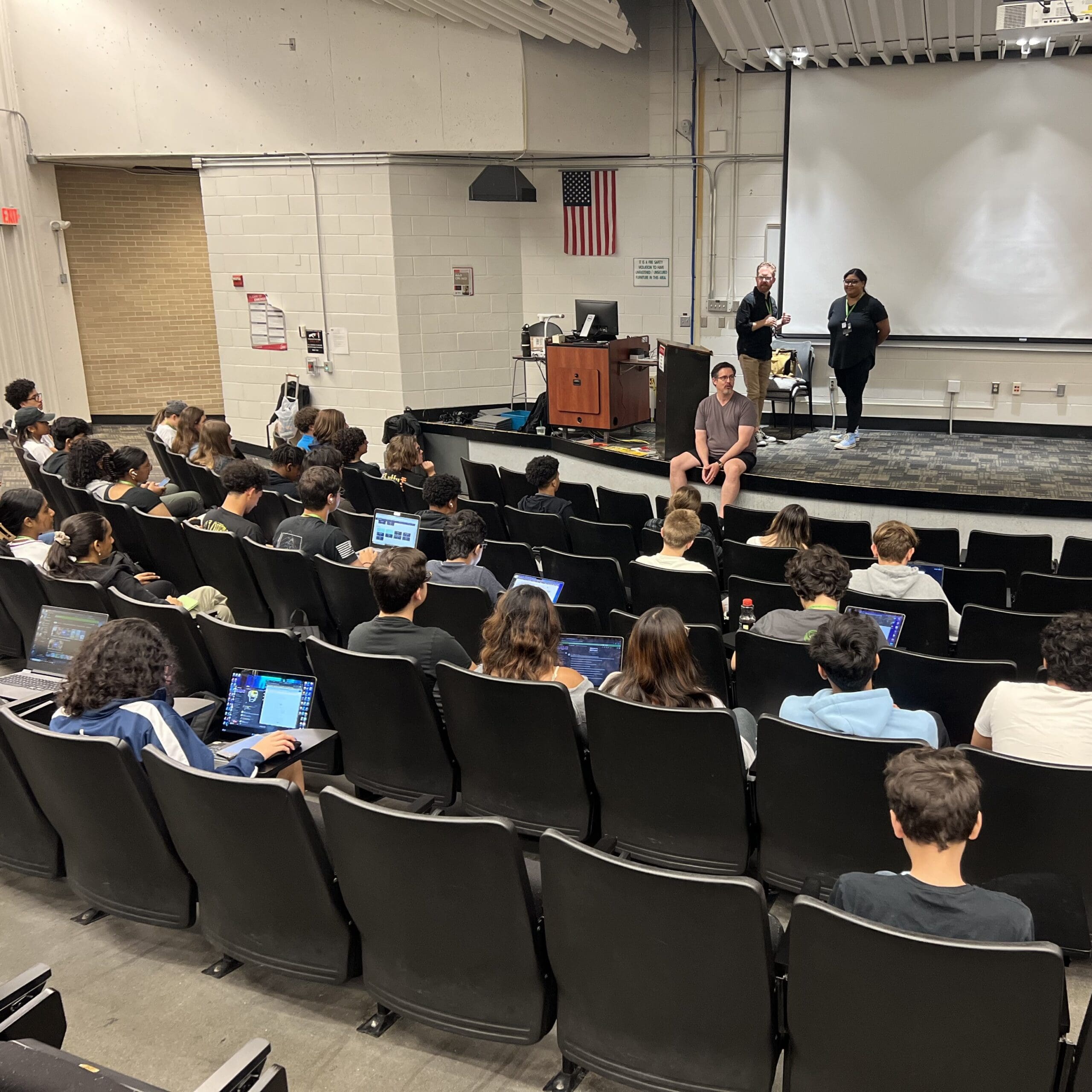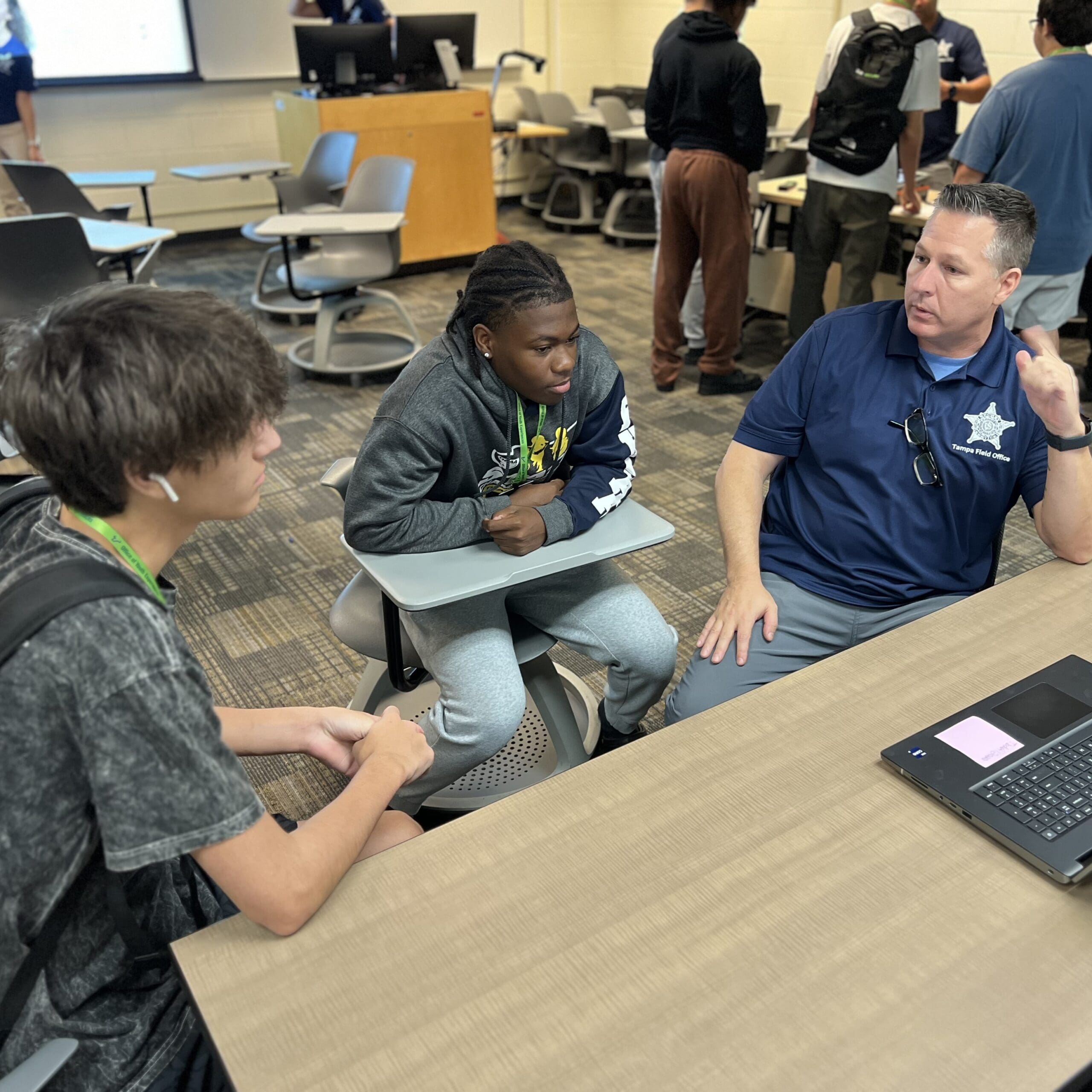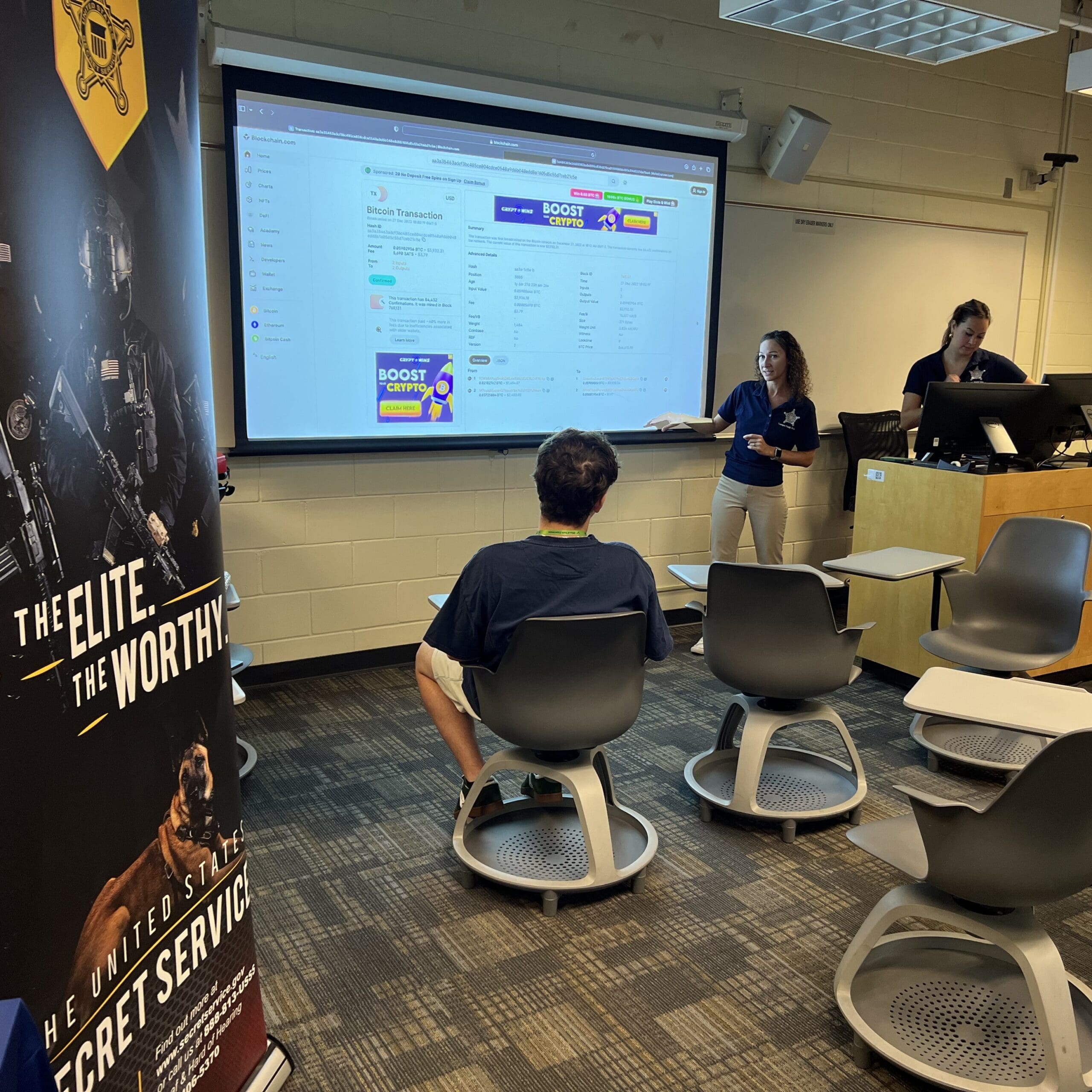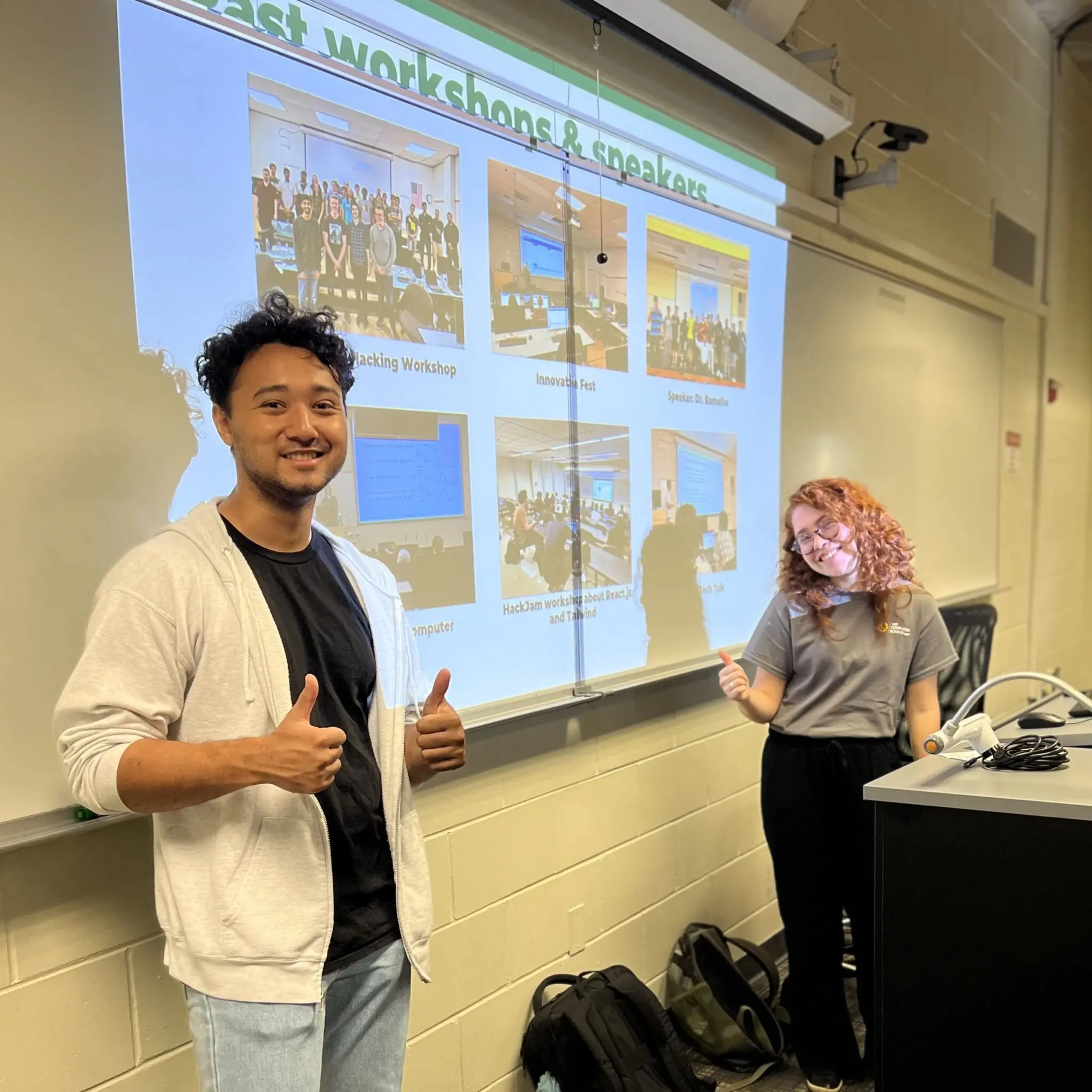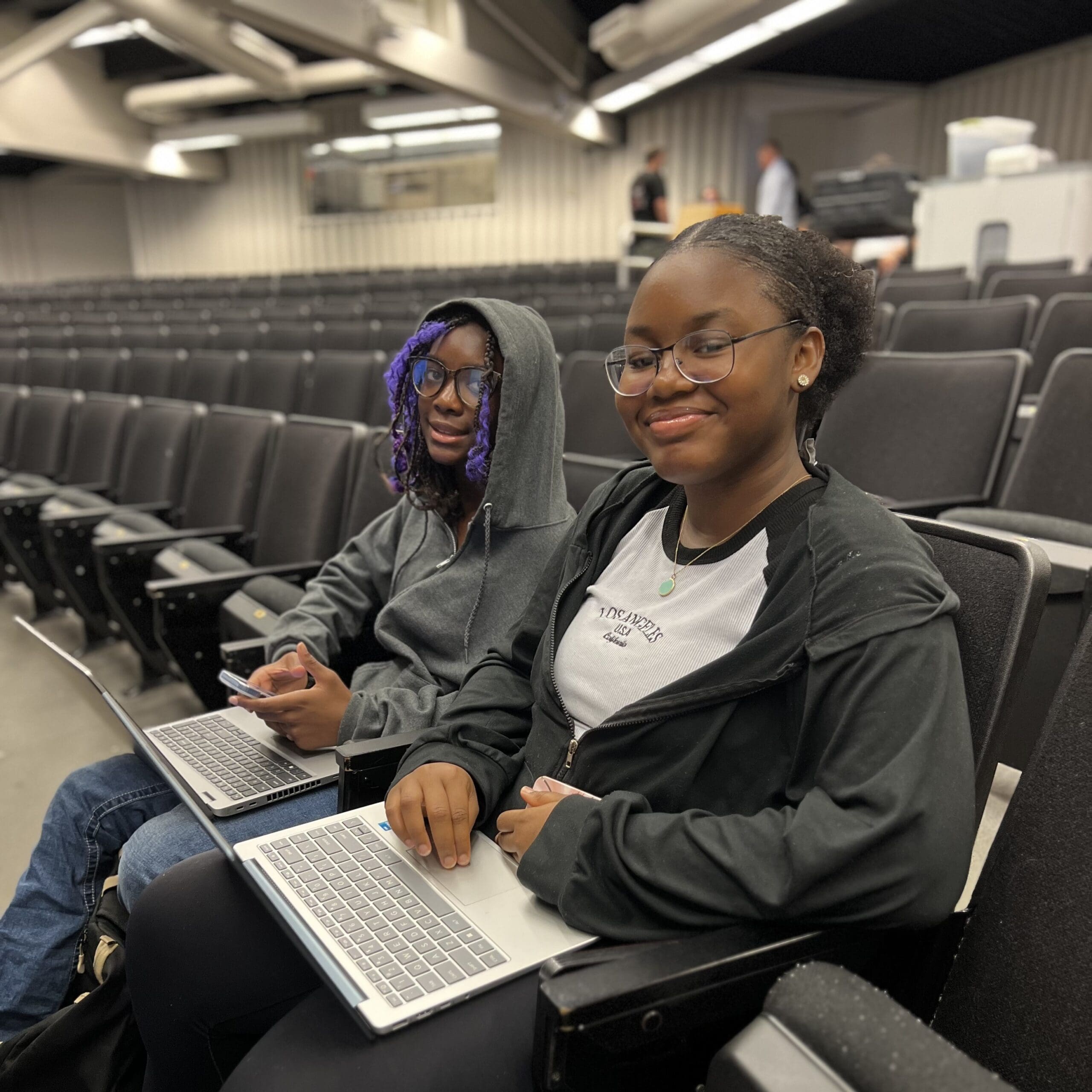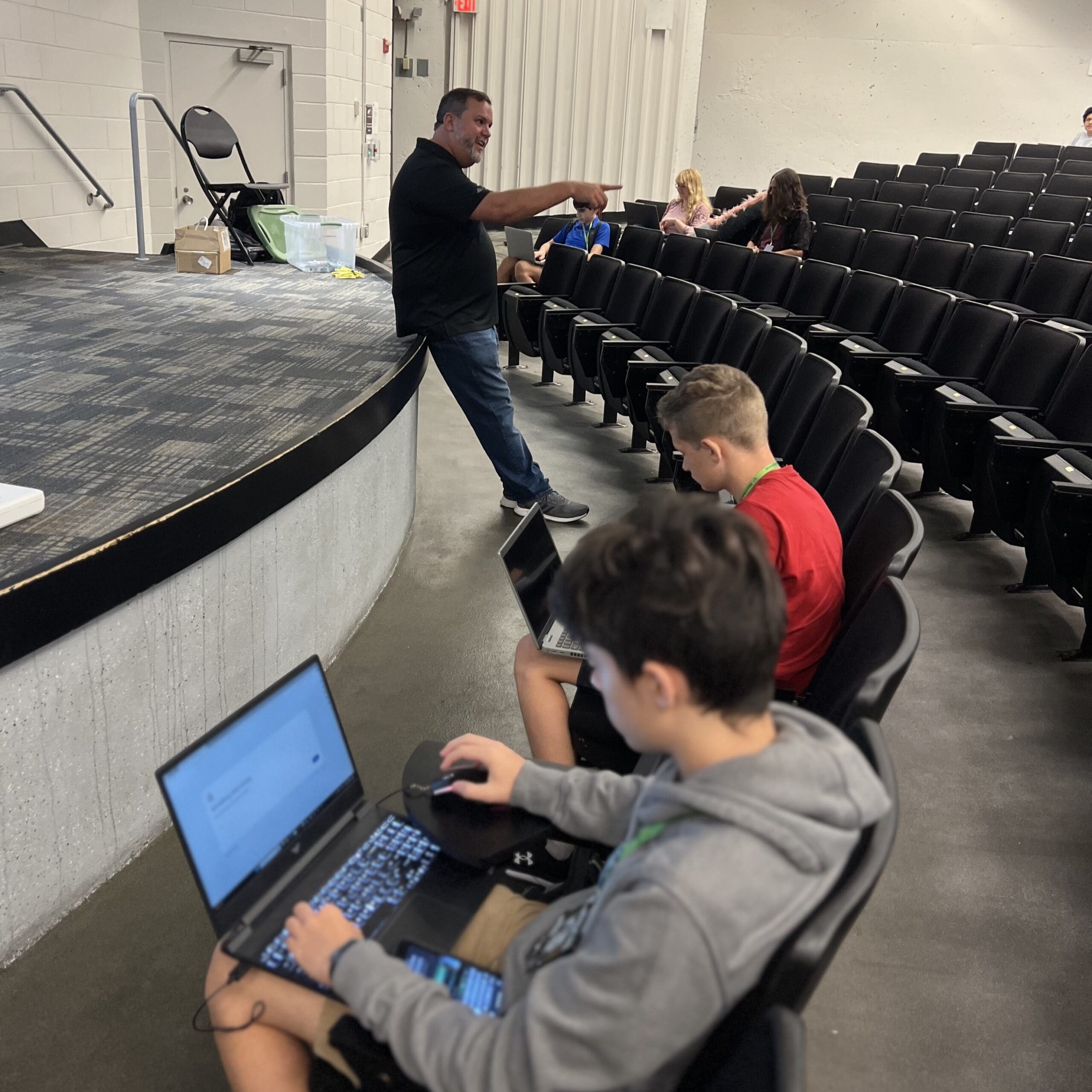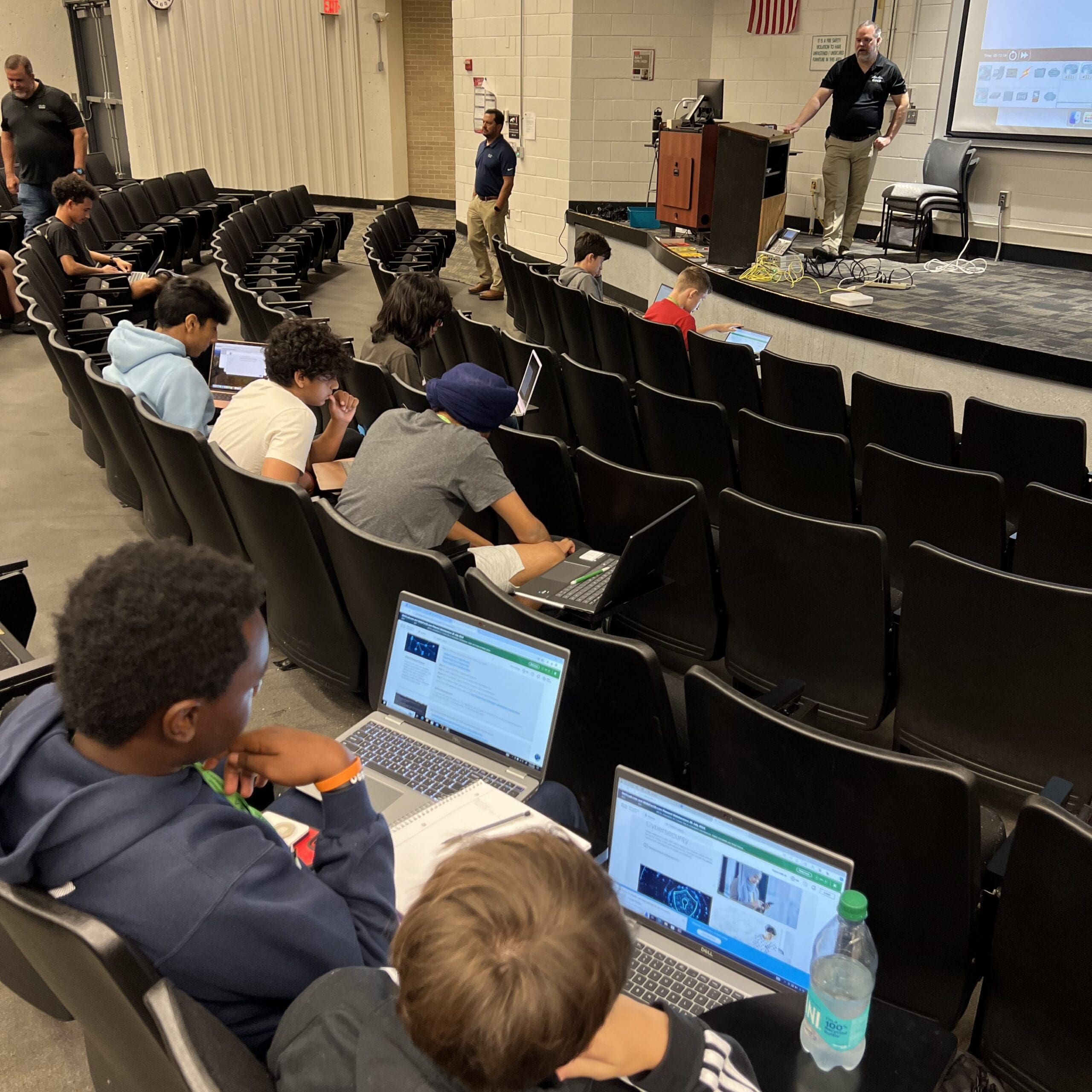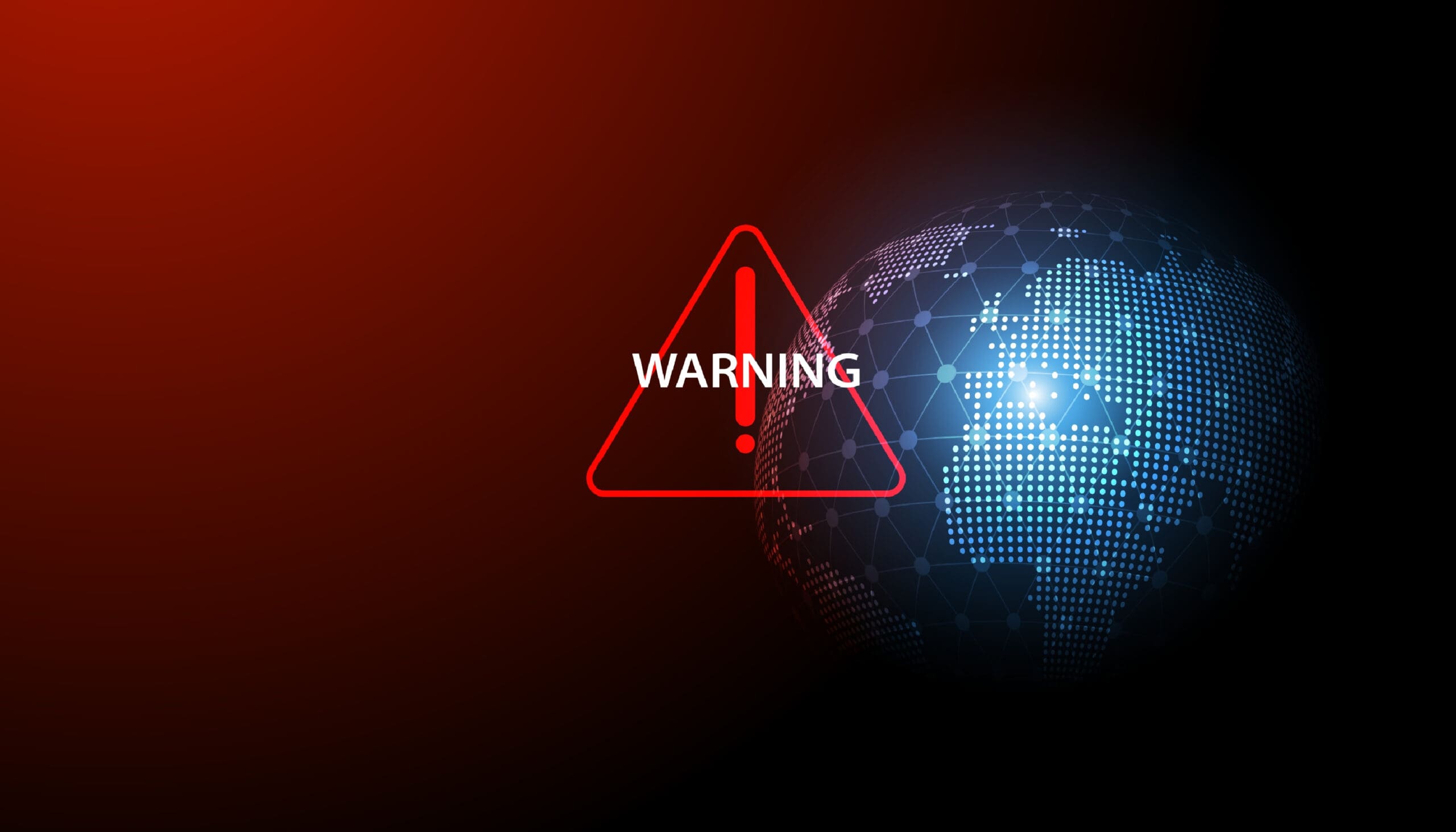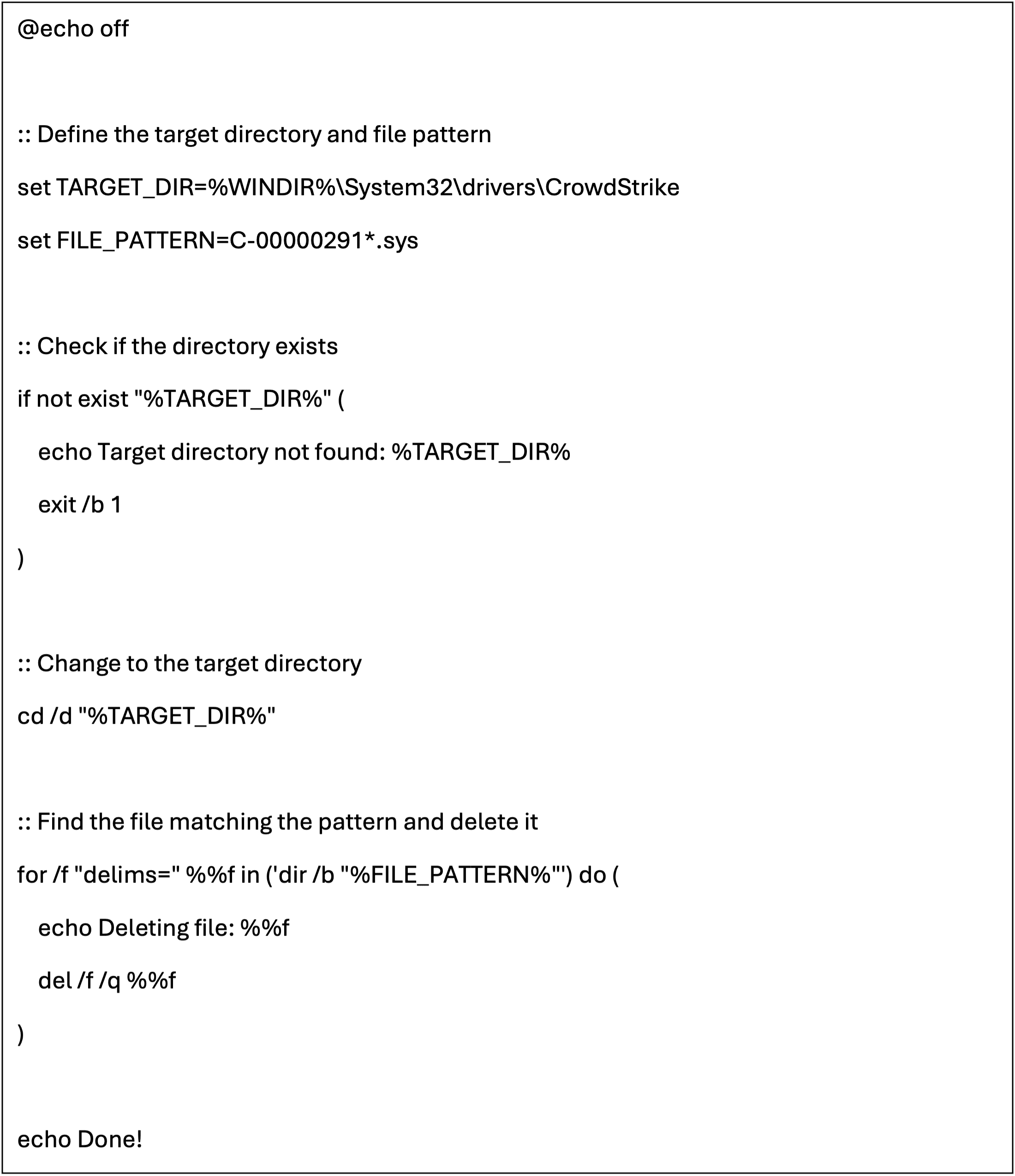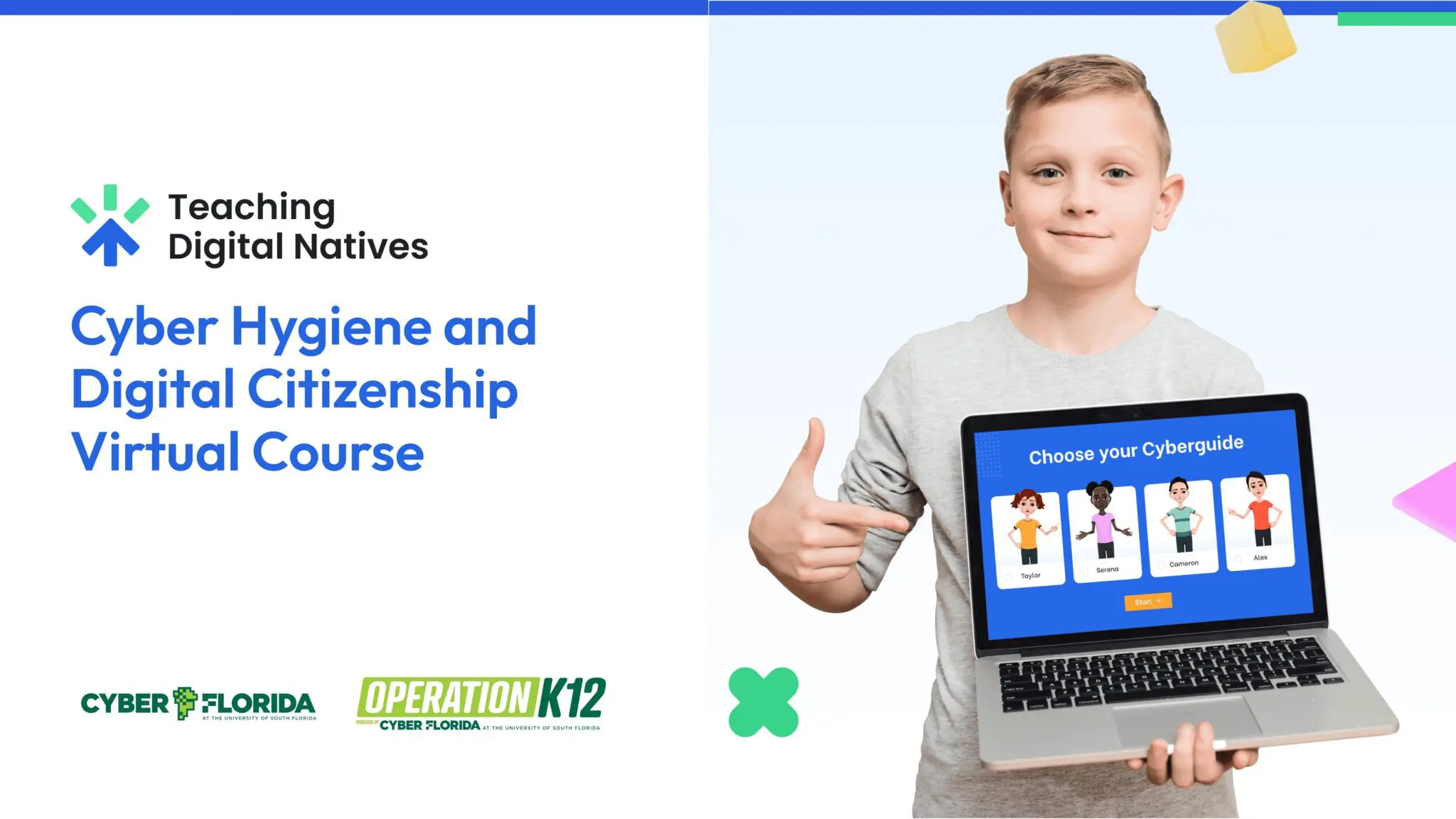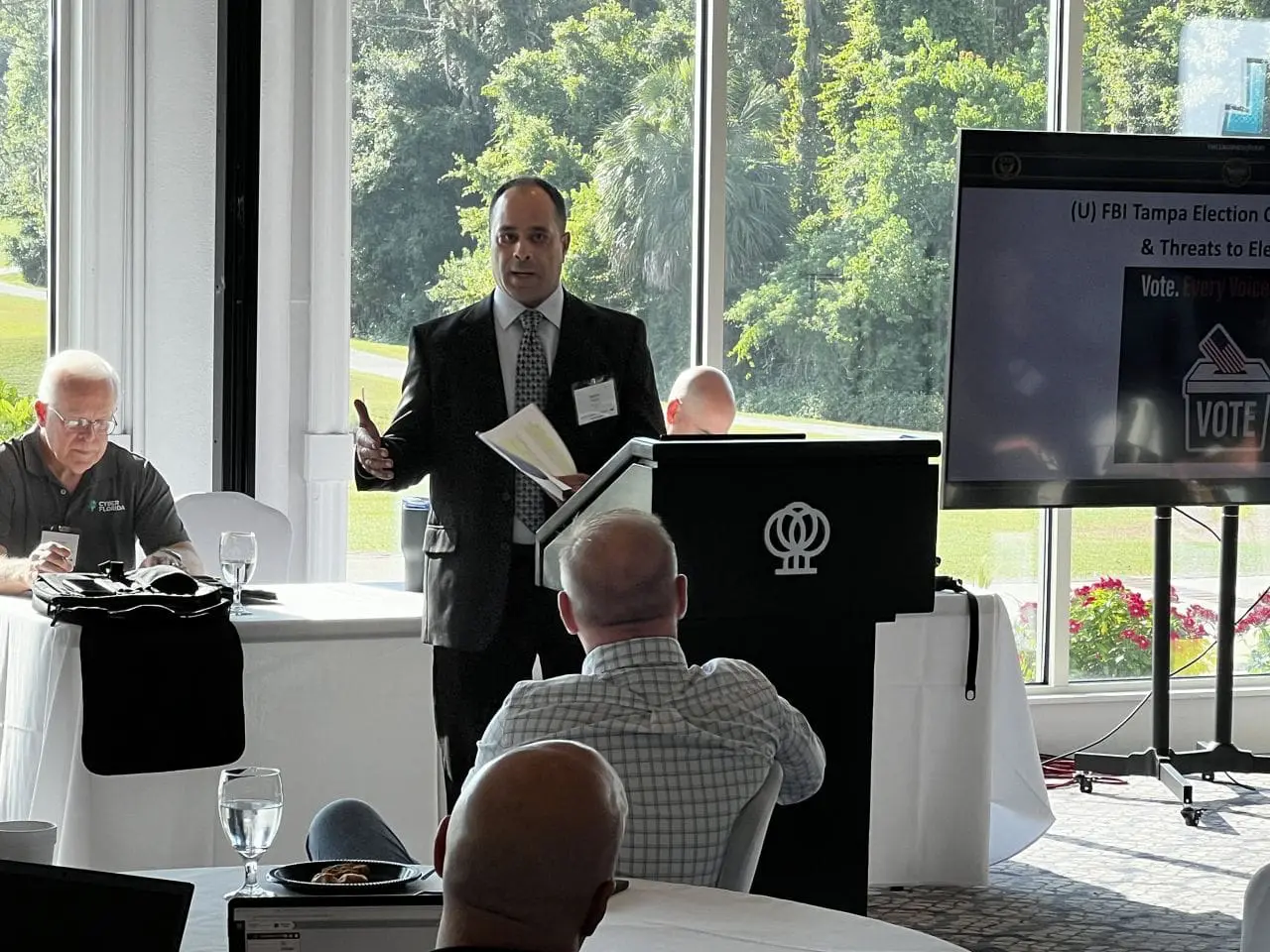University of South Florida’s Annual High School CyberCon Youth Experience Summer Camp
The University of South Florida’s (USF) annual High School CyberCon youth experience summer camp is a week-long immersive experience, supported by passionate educators and volunteers. The program is designed to offer many fun and engaging opportunities to explore technology, talk to professionals about their work, and discover the multitude of interesting career paths available.
High School CyberCon offers a unique opportunity for students in grades 9-12 to dive deep into the world of ethical hacking and cybersecurity. Supported by local cybersecurity industry leaders, participants explore various careers while networking with professionals in the Tampa-area cybersecurity community. The program’s curriculum is enriched by resources from Florida CyberHub and lesson plans from the Florida Center for Instructional Technology.
Throughout the week, students engage in hands-on technical workshops, attend lectures from industry leaders, and network with cybersecurity students and professionals. The camp provides a conference-like experience, allowing students to select sessions presented by various experts and participate in interactive activities.
A Glimpse into High School CyberCon
The camp schedule is packed with informative and engaging sessions, with a different focus every day:
Monday: Introduction to Operating Systems
Tuesday: Introduction to Networking
Wednesday: Introduction to Vulnerabilities
Thursday: Introduction to Open Source Intelligence (OSINT)
Friday: Cybersecurity Workforce Panel
Student Experiences
The impact of CyberCon is best understood through the voices of its participants. Ayaan Bhadouria, a 10th grader from Carrollwood Day School, shares his excitement: “I like the feel of cybersecurity. There are so many cool things about this camp you can’t find anywhere else. Everyone at camp is friendly and welcoming, making me want to try new things and learn more.”
Emily Haack, a 10th grader from Central High School, was encouraged by her parents to attend CyberCon. Already comfortable with technology from her STEM-focused middle school, Emily finds joy in programming and coding. “It’s kinda like art; you can create anything your mind and heart want to make and help people,” she says. For Emily, the best part of camp is the people, enhancing the learning experience through networking and fun.
Rocco Conte, a 12th grader from Wiregrass Ranch High School, is passionate about a career in cybersecurity. Rocco has attended CyberCon for three consecutive summers. “I feel like I belong,” she says. “The camp community is incredible, and I look forward to every day.” Rocco’s curiosity and problem-solving skills shine in activities like hardware hacking and capturing packets over the internet.
The Visionaries Behind High School CyberCon
Nathan Fisk, the camp’s founder and co-director, and an Associate Professor of Cybersecurity Education at USF, emphasizes the importance of building connections and community. “What matters is the connection to real people,” he says. “The students don’t remember everything we share this week, but they remember the connections they made.”
Julian Maguregui, Assistant Director, Operations, Florida Center for Instructional Technology echoes these sentiments. “The USF High School CyberCon aims to build a supportive community for high school students interested in cybersecurity by showcasing various career pathways. We achieve this by bringing together USF departments, colleges, student organizations, and cybersecurity professionals from both the public, private and military sectors.”
Partners Make the Difference
Camp leaders appreciate the many local cybersecurity professionals who join the fun, which grows larger each year. Volunteers conduct workshops, mentor students, and share their career experiences. With partners like Neon Temple, CISCO, Microsoft, and many more, the camp is able to offer a rich and diverse learning environment.
Brad Jungemann, a public sector account manager, is one of 10 volunteers who assisted this year from CISCO, a company that fully supports volunteer days away from work. He highlights the sense of community and the impact of professionals who volunteer. “This camp and the professionals who volunteer will have an impact on these students for their lives and careers for many years to come,” Brad says. The CISCO volunteers have professional roles in network engineering, AI, cybersecurity, and more.
Camp counselor Mars Barns agrees that having industry professionals involved makes a difference. “It’s a unique space; students won’t be bored! With professionals here volunteering their time, we can be flexible and customize to students’ interests.”
Empowering the Next Generation
High School CyberCon is more than just a camp; it’s a launchpad for future cybersecurity leaders. By fostering a passion for cybersecurity, building a supportive community, and providing hands-on experience, High School CyberCon empowers students to explore and pursue careers in this dynamic field. As we look to the future, programs like this camp are essential in preparing the next generation to defend and innovate in the ever-evolving world of cybersecurity.
Thank you to our camp partners for sharing their expertise:
CISCO
Citi
Fizen Technology
HSB
IEEE Computer Society – student chapter at USF
Microsoft
Mitre
Neon Temple
Tampa Electric
The 502 Project
The University of Tampa
U.S. Secret Service
UPS
USF Federal Credit Union
USF Information Technology
